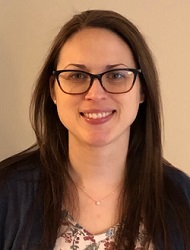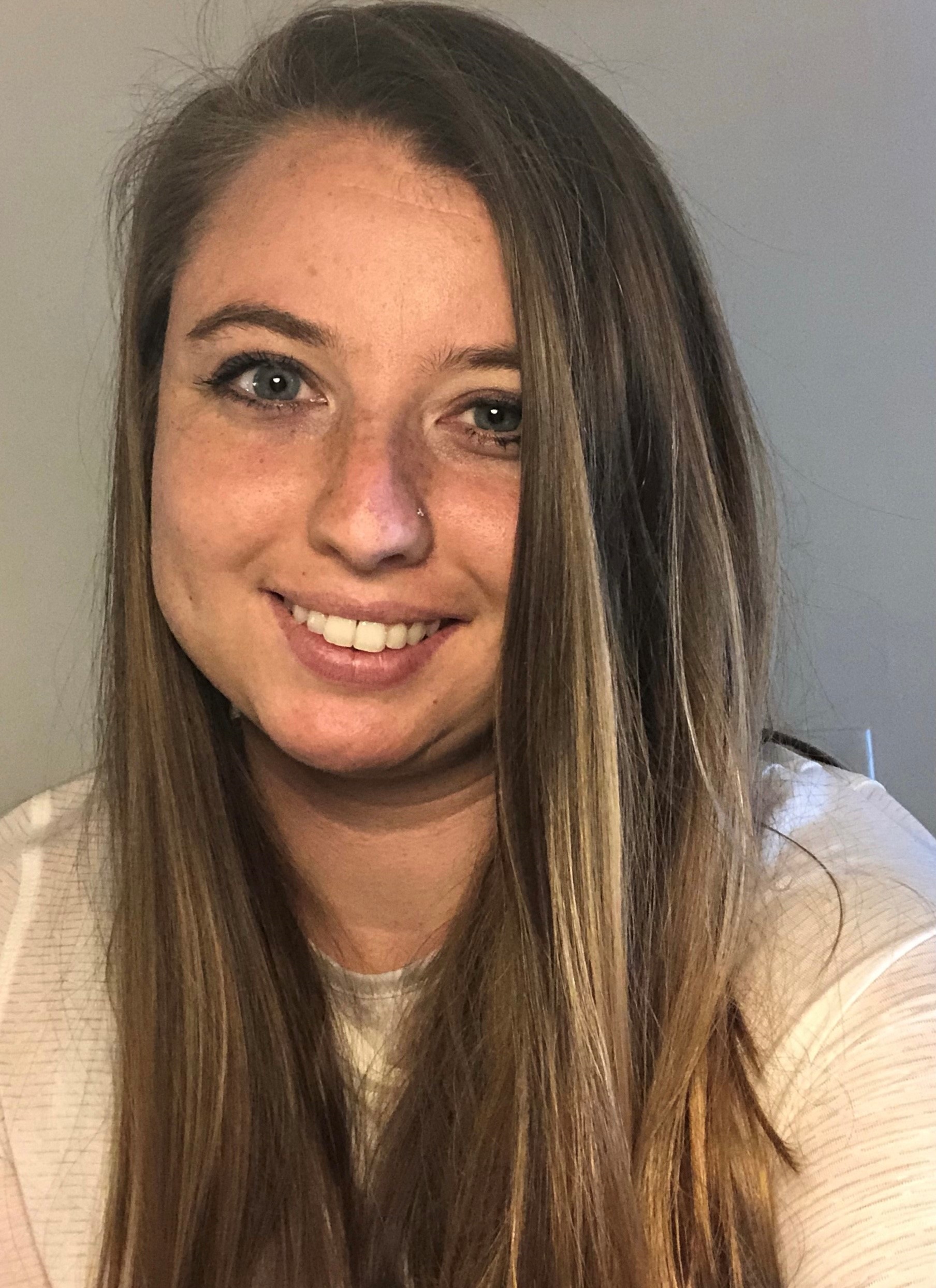Viruses have caused the majority of outbreaks and pandemics over the last century. Rapid development of small animal models and understanding of the mechanisms that promote long-term protection to viral infections are critical for the development of vaccines and therapeutic treatments.
Immunity to arthritogenic alphaviruses
Alphaviruses are emerging and re-emerging positive-sense RNA viruses that have caused explosive outbreaks worldwide. The arthritogenic alphaviruses, including chikungunya virus, Mayaro virus, and Ross River virus, cause fever, rash, myalgia, and severe polyarthritis and polyarthralgia. A subset of infected individuals will develop persistent joint pain that can last from months to years, depending on the virus. Following the bite of a mosquito, viruses replicate at the site of infection and disseminate to the joint-associated and musculoskeletal tissues. Viral replication, production of proinflammatory cytokines and chemokines, and recruitment of immune cells to these tissues drives localized damage resulting in arthritic disease. Mouse models recapitulate several aspects of arthritogenic alphavirus disease, and we use these models to elucidate mechanism of protection.
While the arthritogenic alphaviruses are genetically distinct, cross protection between the related alphaviruses has been observed. We work to identify correlates of heterologous immunity to inform novel approaches towards the design of broadly protective vaccines and therapeutics.
Antibody effector functions for protection against viral infections
Virus-specific antibodies use multiple mechanisms to limit viral infection. Antibodies can bind and neutralize free virus thus preventing infection. Additionally, antibodies can clear infected cells or immune complex through interaction of the antibody Fc region with host proteins, such as Fc receptors. Antibody Fc interactions can also modulate the innate and adaptive immune response. Since the structural proteins of alphaviruses stud the surface of infected cells, antibodies can target these infected cells for clearance. Indeed, Fc-Fc gamma receptor interactions have been shown to be required for optimal monoclonal antibody therapy during alphavirus infections. This makes alphaviruses a useful model to interrogate antibody effector functions, which can then be applied to other viral systems. In these studies, we work to determine immune factors that promote a functional antibody response and the impact on cellular immunity that will ultimately lead to enhanced protection.
Julie M. Fox, Ph.D.
Tenure-Track Investigator
Chief, Emerging Virus Immunity Unit
Education:
Ph.D., 2013, University of Georgia

Victoria M. Callahan, M.S., Ph.D.
Post-Doctoral Fellow, IRTA
Education:
B.S., Biology, James Madison University
M.S., Biology, George Mason University
Ph.D., Biosciences, George Mason University

Megan M. Dunagan, M.S., Ph.D.
Post-Doctoral Fellow
Education:
B.S., Biochemistry, Miami University
M.S., Microbiology and Immunology, University of Rochester
Ph.D., Microbiology and Immunology, University of Rochester

Mrunal Hiranath Gosavi, Ph.D.
Postdoctoral Fellow
Education:
Ph.D., 2022, Biotechnology, Bharati Vidyapeeth Deemed University, Pune, Maharashtra, India
Languages Spoken: Marathi, Hindi

Doreswamy Kenchegowda, M.Sc., Ph.D
Biologist
Education:
Ph.D., Biochemistry, University of Mysore, India
M.S., Biochemistry, University of Mysore, India
Staff Scientist, Uniformed Services University of the Health Sciences, Bethesda, MD
Languages Spoken: Kannada

Former Research Group Members
- Ryan Nelson, B.S.
- Veronica Guirguis, B.S.
- Tammy Y. Chen, M.P.H., M.S.

